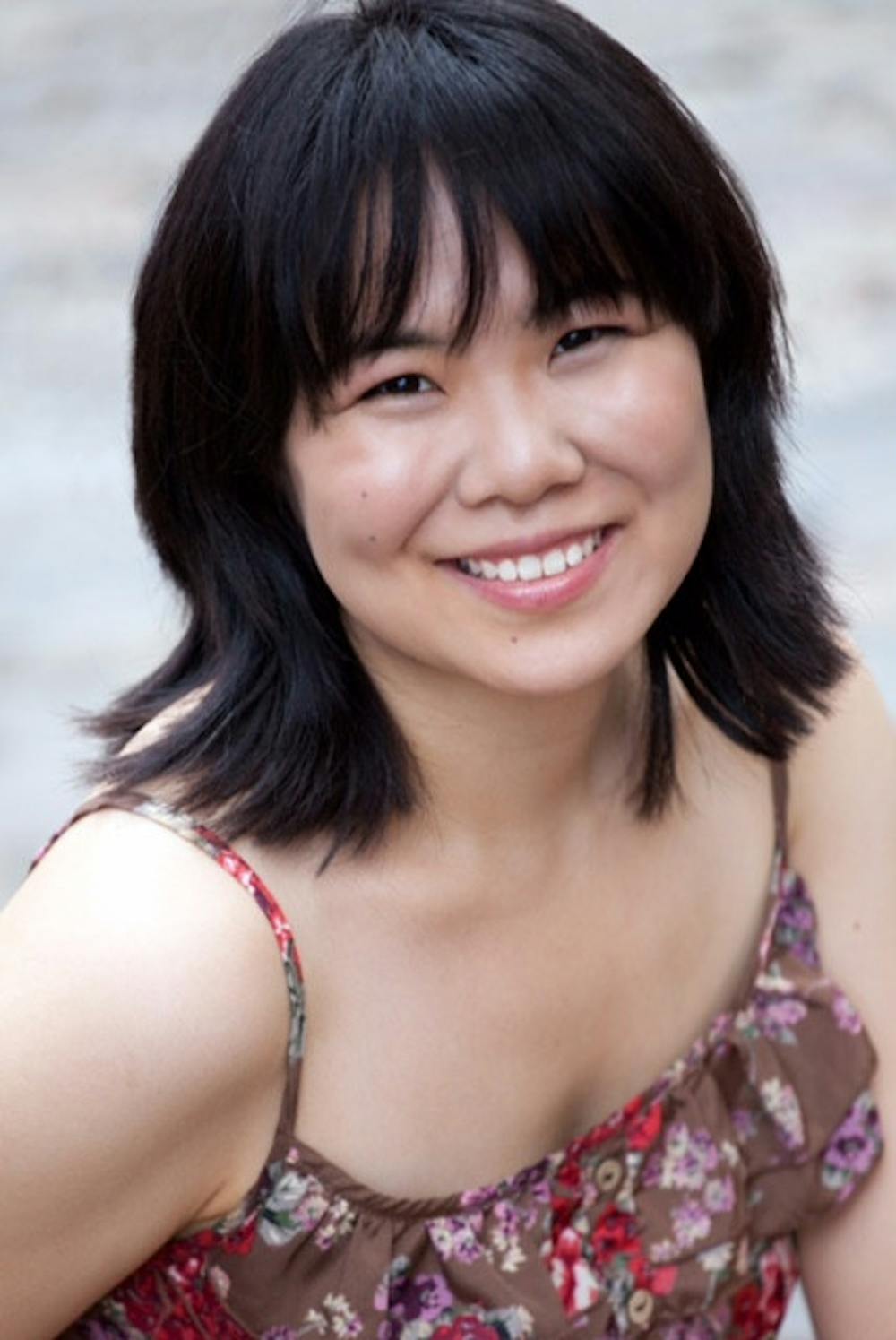“The last thing the world needs is another play,” said Julia Izumi GS, echoing a sentiment made by Professor of Theatre Arts and Performance Studies Erik Ehn. With this in mind, TAPS organized Writing is Live, a festival of cross-genre theatrical exploration that seeks to go past the typical play format. The festival, which took place in Leeds Theater last weekend, showcased student playwriting through a series of works-in-progress.
The event “gets everyone involved,” Maurice Decaul GS said. Writers from the Master of Fine Arts in Playwriting program work with actors and directors from the Brown University/Trinity Rep MFA program. But with only 40 hours of rehearsal, editing continued until moments before the performance, plays ran over, actors read off-script and writers joined the audience, all leading to a casual, spontaneous atmosphere.
“The great thing about this (festival) program is it’s writing for performance — not limited to playwriting,” Decaul said. For example, a third-year MFA student created a hybrid of a board game and play for the festival last year.
The event is organized by the Masters of Fine Arts in Playwriting, a program that accepts two students every year. These students work closely with Ehn and visiting faculty, who are often professional playwrights. Like the University at large, the program has few requirements and asks students to use the tools the program provides in pursuit of their own authentic voice, Ehn said. This enables an individualized progression over six semesters that aims to give students space to “become themselves in a more courageous and generous way,” Ehn said. Due to the incompleteness of the pieces, TAPS considers the program an exploration rather than a series of productions.
Each class of MFA students is expected to produce something different. First-year students present a live reading of their scripts, called an articulation, while second-year students share an atelier, which incorporates elements of space and design into the performance. Third-year students produce an action, which is a collaboration with a theater in New York and does not occur until later in the semester.
This year’s Writing is Live featured four scripts, all in varying stages of completeness. Izumi’s performance, “Sometimes the Rain, Sometimes the Sea,” featured environmental activists, a cow, the Little Mermaid and a romance between a rain cloud and a human. “It’s been cool to watch people progress in the journeys of their pieces,” Izumi said.
Kyla Searle GS explored dialogue and scene structure in her articulation, “Residue,” which is impacted by her childhood in the Bay Area and background in dance, Ehn said. In Decaul’s articulation, “Honour,” he experimented with the interface of social media and traditional theatre, evoking questions about asylum in the United States. Beth Nixon GS, building off her background in activism and puppetry, tackled challenging questions about whiteness and the contemporary political climate in “The Ferry to the Isle of White.”
Students in the MFA in Playwriting program are “all family,” Ehn said. “I can write in a hole by myself but that’s not theatre,” Izumi said. The structure of Writing is Live reflects the program’s community-oriented approach to theater. The festival is “less about creating an object than about creating a conversation,” Ehn said. Following each production, the playwright gathered with faculty and organizers on stage to join in on an authentic conversation with the audience. Nixon implored the audience to speak openly about her work, making space to ask questions about themes present in her atelier, namely race and its presentation in art.
“It’s a team sport” Ehn said. “We have got a good system.”





